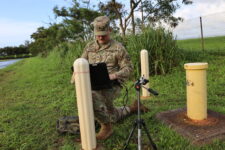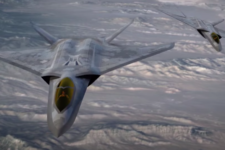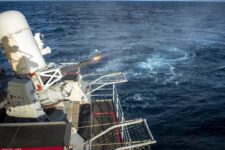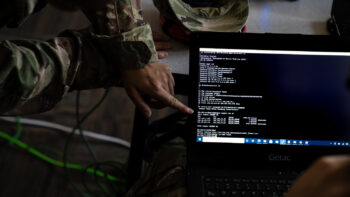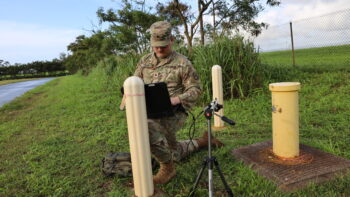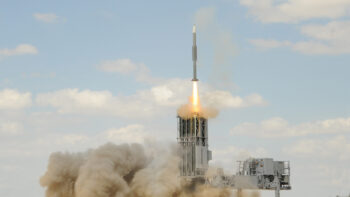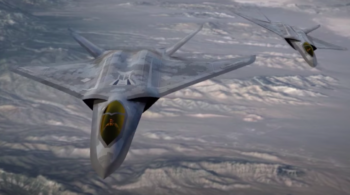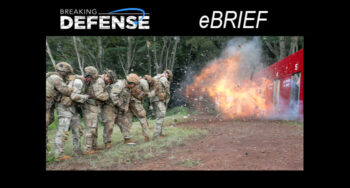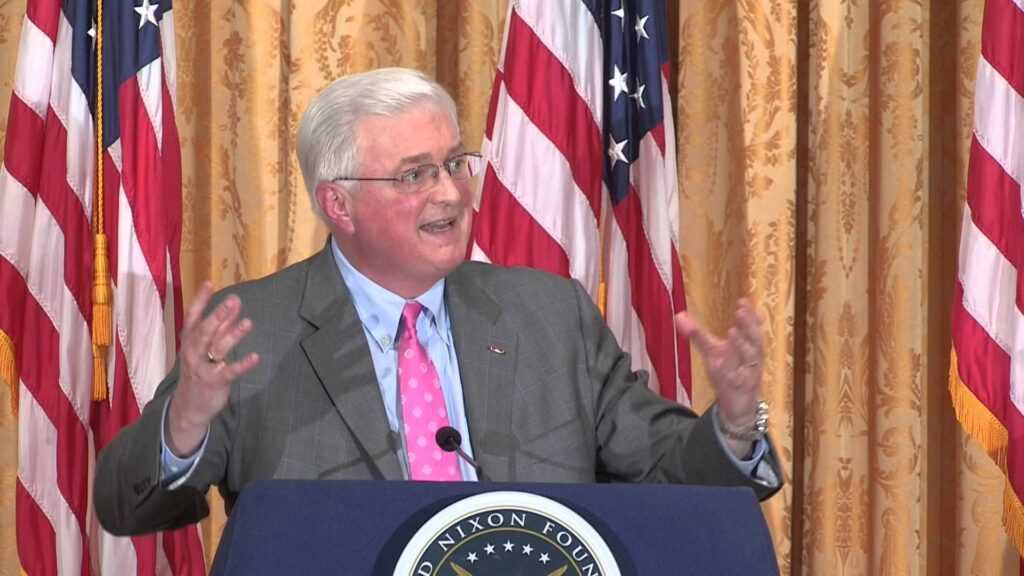
Van Hipp
WASHINGTON: The next Director of National Intelligence may be Pete Hoestra, the Dutch-born former head of the House Intelligence Committee, and the next Army Secretary is likely to be Van Hipp, head of consulting firm American Defense International, according to a source who advises President-elect Donald Trump on national security issues.
Van Hipp, a former Army officer, first served at the Pentagon as deputy assistant Secretary of the Army for Reserve forces and mobilization. After the Tailhook Scandal he was moved to the Navy, where he served as principal deputy General Counsel, according to his company biography. A long-time Republican, Van Hipp regularly appears on Fox News as a terrorism expert.
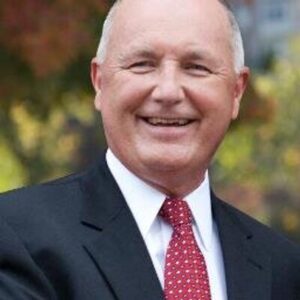
Pete Hoekstra
Hoekstra, who served as ranking member and chairman of the House Permanent Select Committee on Intelligence, was a co-chair of the Trump campaign in the crucial state of Michigan. Former Rep. Mike Rogers, who served as chairman of the HPSCI after Hoekstra unsuccessfully ran for Senate, is also in the running for a senior intelligence job or Homeland Security.
I haven’t heard a name for Deputy Defense Secretary yet, but Stephen Hadley was strongly touted by our Trump advisor as a SecDef candidate. Hadley, whom some Trump supporters I’ve spoken with spurn as a ghost of the neoconservatives in the second President Bush’s administration, was praised as a devoted Republican who has served the party and the nation at the highest levels of the national security establishment. His name has been floated by long-time Republicans for some time and I had ignored him until now precisely because of that.
The Trump transition team is eager to appoint top officials across the national security establishment as quickly as it can, fast enough to at least keep up with the pace of previous new administrations. But Trump was not expected to win until very recently by campaign workers and relatively few actions were taken to get ready to take the reins of power. On top of that, Trump has a very shallow support network in government because he’s never governed, held office or worked in Washington. To help with this, former Air Force Secretary Mike Wynne, who wrote an op-ed for us on Trump defense plan, will be a key player in helping the Trump team to find top notch defense candidates.
While no names were offered, I understand Trump is likely to name a defense industry veteran as undersecretary of Defense for acquisition, technology and logistics, the top Pentagon procurement official. It was extremely difficult for the Obama administration to find candidates willing to take senior defense jobs because of its restrictive ethics guidelines. For example, when Bill Lynn was nominated to be Deputy Defense Secretary, the then-Raytheon lobbyist was granted a waiver by the Obama White House so he could serve. I covered many nomination battles during the administration when no one could be found to fill a job except from Capitol Hill or a think tank because they hadn’t directly worked for a company.
The current procurement chief, Frank Kendall, was a managing partner at Renaissance Strategic Advisors, an aerospace and defense sector consulting firm, before he was nominated. He was criticized for not revealing the names of all of his consulting clients when he was nominated in 2009.
To get some idea of how the defense industry views Trump’s background as a businessman, the head of the powerful Aerospace Industries Association said this to the Seattle Times. “‘First and foremost, Donald Trump is a businessman,’ said AIA President and CEO David Melcher, who notes that “if he’s got a businessman’s mindset about this, he’s going to look for ways to help US industry be successful.'”
Killer Apps: 5 stories highlight quiet progress on military AI and CJADC2
While combat has seen a drone revolution, the US has made subtle but real advances in applying AI to military planning, intelligence, and “all domain” command and control.

